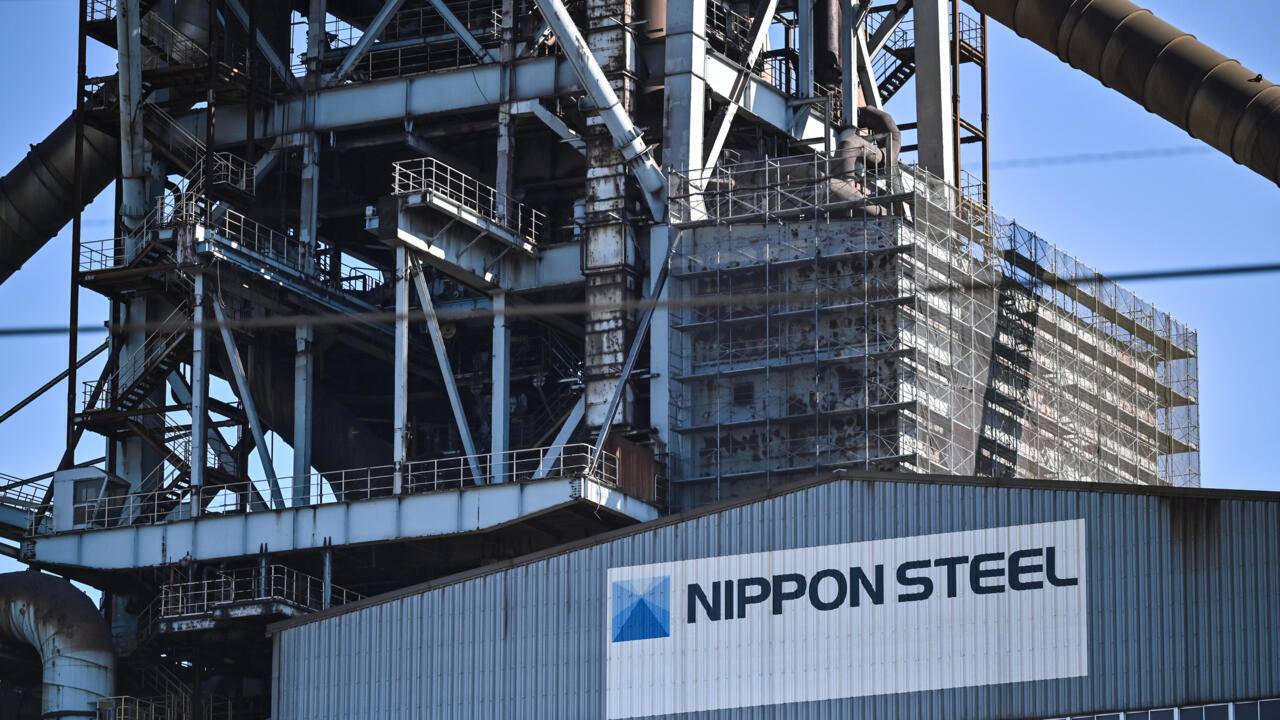Japan's Prime Minister Expresses Strong Concerns to Biden Over Blocked Steel Deal
In a recent meeting, Japan's Prime Minister, Fumio Kishida, conveyed his strong concerns to US President Joe Biden regarding the blocked steel deal between Nippon Steel and US Steel. The deal, worth $14.9 billion, has been facing opposition from the Biden administration due to national security concerns ¹.
The proposed acquisition, announced in December 2023, would have made Nippon Steel the second-largest steel manufacturer in the world. However, the deal has been met with resistance from US lawmakers, unions, and the Biden administration, citing concerns over foreign ownership of a critical US industry.
During their meeting, Prime Minister Kishida urged President Biden to reconsider the decision, emphasizing the importance of the deal for the US-Japan alliance and the potential benefits it could bring to the US steel industry. Kishida's concerns were echoed by Nippon Steel's Vice Chairman, Takahiro Mori, who has been actively engaging with US lawmakers and business leaders to promote the deal.
The proposed acquisition is part of Nippon Steel's efforts to expand its global presence and increase its competitiveness in the steel market. US Steel, once an iconic American company, has been struggling in recent years, and the deal was seen as a way to inject fresh capital and technology into the company.
However, the deal has been opposed by various stakeholders, including US lawmakers, unions, and the Biden administration. The opposition is largely driven by concerns over national security, job losses, and the potential impact on the US steel industry.
US lawmakers from both parties have expressed concerns over the deal, citing national security risks and the potential impact on US jobs. Senator Sherrod Brown (D-OH) has been a vocal opponent of the deal, arguing that it would undermine US national security and put American jobs at risk.
The United Steelworkers (USW) union has also opposed the deal, citing concerns over job losses and the potential impact on US steel production. The union has argued that the deal would lead to the loss of American jobs and would undermine the US steel industry.
The blocked deal has significant implications for the US-Japan alliance and the global steel market. The deal's collapse could lead to a deterioration in US-Japan relations, which have been strained in recent years over trade and security issues.
The blocked deal also raises questions about the US approach to foreign investment and national security. The US has long been a proponent of free trade and foreign investment, but the blocked deal suggests that the US is becoming increasingly protectionist.
The blocked steel deal between Nippon Steel and US Steel has significant implications for the US-Japan alliance, the global steel market, and the US approach to foreign investment and national security. While the deal's collapse may be seen as a victory for US lawmakers and unions, it raises important questions about the US approach to trade and investment. As the US and Japan continue to navigate their complex relationship, the blocked deal serves as a reminder of the challenges and opportunities that arise when economic and national security interests intersect.




No comments yet
Be the first to share your thoughts!